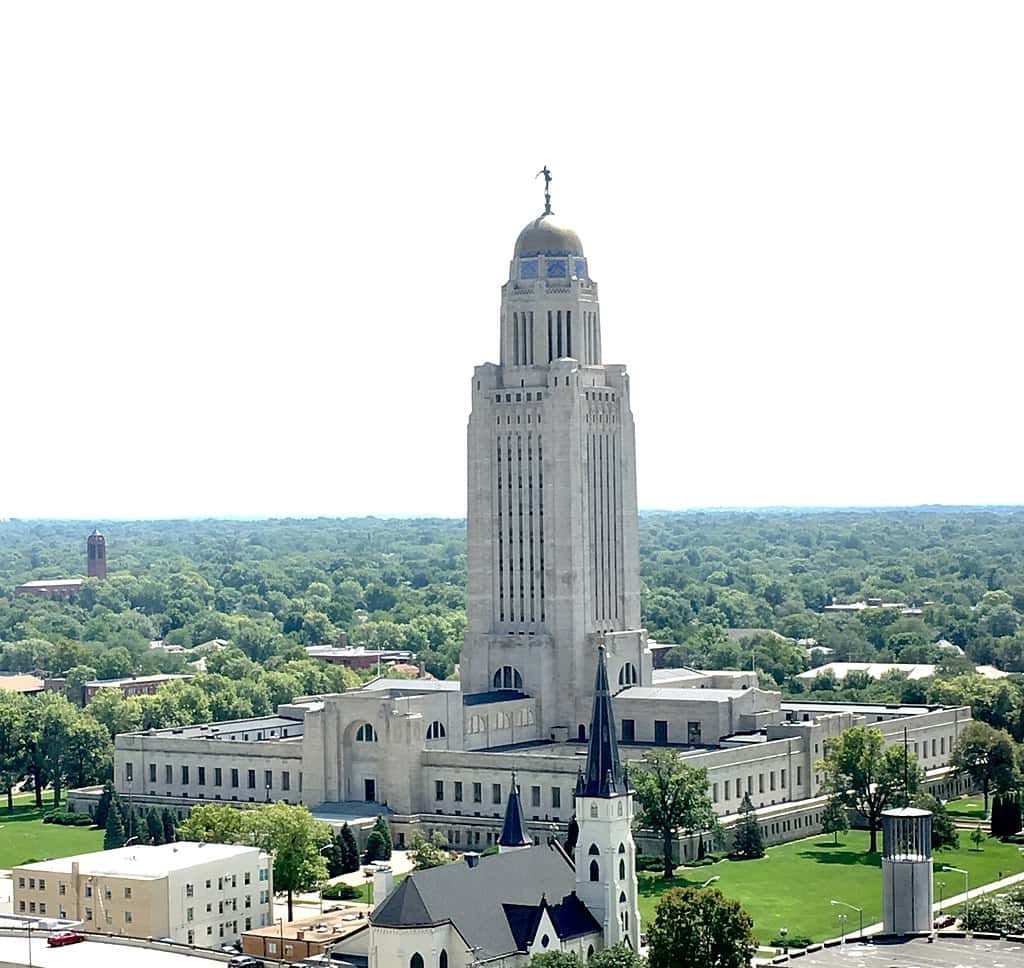
Paul Hammel
Nebraska Examiner
After debate stretching over three days, state lawmakers on Monday shot down efforts to do away with the “spring forward, fall back” system of switching clocks back and forth to and from daylight saving time.
A bill to move the state to permanent daylight saving time drew only 14 of the necessary 25 votes needed to advance from first-round debate.
That vote came just after an amendment to have Nebraska adopt permanent standard time fell six votes short of success.
“If only things in our daily lives were as simple as changing our clocks twice a year,” said State Sen. Fred Meyer of St. Paul. “I think this issue is much ado about nothing.”
Meyer was appointed to the Legislature last year to fill a vacancy created by the resignation of Sen. Tom Briese, who had introduced the bill to make daylight saving time permanent in Nebraska if three adjacent states also made that move and the U.S. Congress approved.
Briese, who resigned to become state treasurer, said that people hate the idea of having to change their clocks twice a year and that the changes have been linked to increased numbers of car crashes, heart attacks and workplace injuries.
Polls seemed to back up the idea that a majority of Americans are tired of changing clocks twice a year.
But critics of Legislative Bill 143 questioned whether the time changes were really that annoying and raised concerns about Nebraska becoming an “island” that had different times than neighboring states.
The Nebraska Broadcast Association, which opposed the bill, said it would harm stations along the borders of the state because rush hour and news programs would be on a different schedule in neighboring states.
Elmwood Sen. Rob Clements said he appreciates daylight saving time in the summer so his grandkids can play in the sunlight. He said the superintendent of his local school also opposes a change.
“I prefer to leave things they way they are,” Clements said. “We’ve been doing this for 50 years now … it’s been a good system.”
Bayard Sen. Steve Erdman had argued for permanent standard time, saying that it aligned best with our natural sleep patterns.
Going to permanent daylight saving times, he said, was the worst option, and would mean that half of the state would have sunrises after 8 a.m. on more than 100 days a year.
At least 19 states have approved bills that would allow the switch to permanent daylight saving time, if Congress approves. The change was touted as boosting shopping and adding more hours for outdoor recreation.
Two states, Arizona and Hawaii, have permanent standard time.










